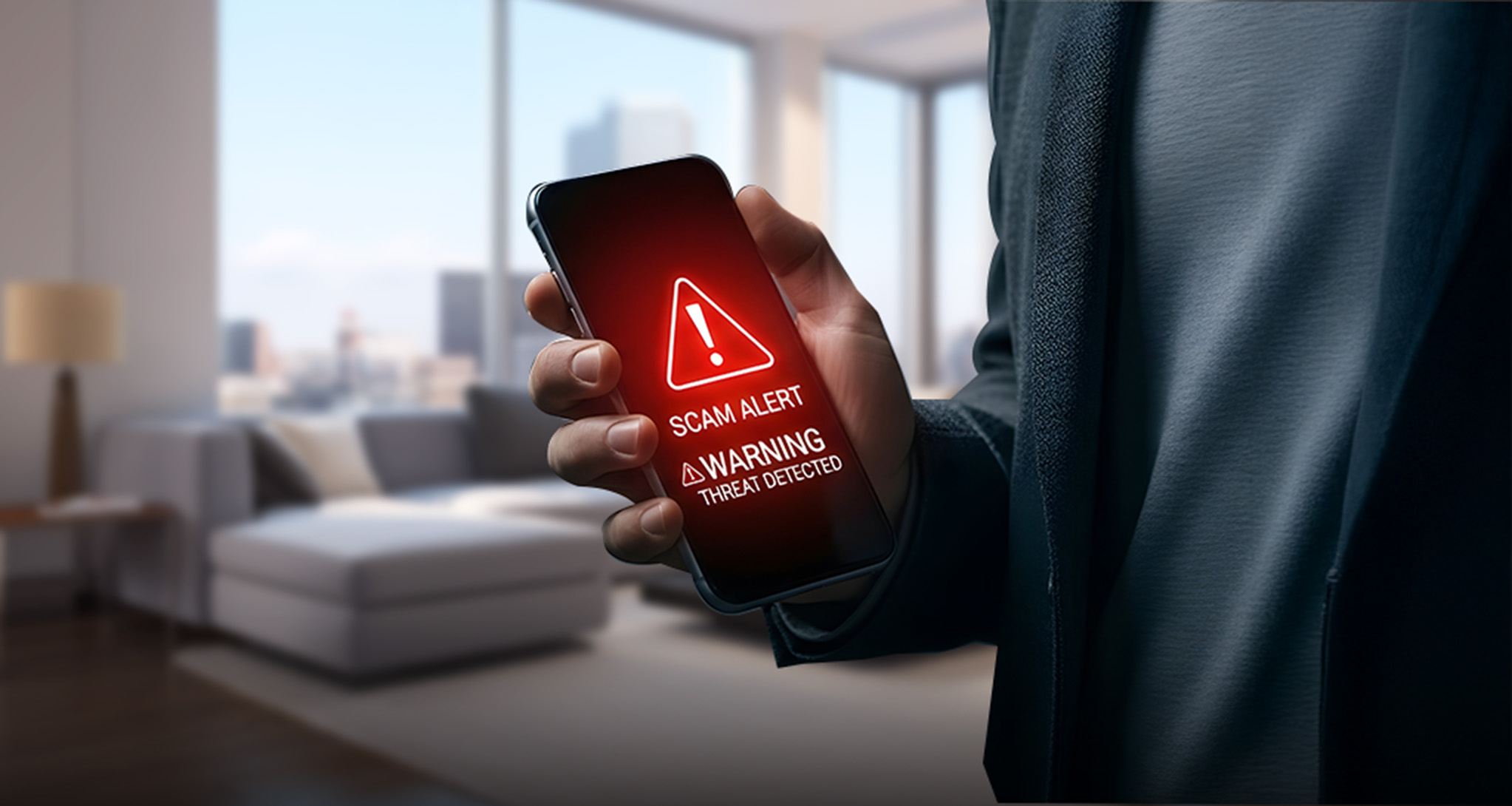In today’s fast-paced digital world, mobile devices are essential for staying connected, enjoying entertainment, and managing daily life. However, as technology advances, so do the tactics of scammers looking to exploit our connected lives. Here’s what you need to know to stay safe and secure on your mobile device.
Common scams in Malaysia in 2025
Mobile scams are rising in Malaysia as scammers find new ways to trick victims. Knowing how to spot these scams is your best defence. Here are some common ones to watch out for:
- OTP (One-Time Password) theft: Scammers trick victims into sharing an OTP sent to their phone, which is then used to authorise online transactions or access accounts.
- Banking scams: Fraudsters often impersonate bank representatives to gain unauthorised access to victims’ accounts. They may request personal details or convince victims to make fake transactions.
- E-commerce scams: Phishing sites may mimic popular e-commerce platforms like Shopee or Lazada are tricking users into sharing their payment details.
- AI voice cloning scams: Fraudsters can now use AI to clone voices, tricking victims into thinking they’re speaking to a family member or friend.
- Deepfake endorsements: Scammers may create fake videos of celebrities or influencers promoting fraudulent schemes.
How to avoid potential scams
If you find yourself in contact with a scammer, it is important to take immediate action to minimise the impact.
- Do not respond to suspicious messages or calls — engaging can increase your risk.
- Verify authority by asking for details and checking official sources if someone claims to represent an organisation.
- Avoid sharing personal information like passwords, IC numbers, or financial details.
- Do not click on suspicious links — they may lead to phishing sites or install malware.
- Report the scam to relevant authorities to help stop others from becoming victims.
- Notify your bank or credit card provider immediately if your financial information is compromised.
- Secure your accounts by changing passwords and enabling two-factor authentication.
Add an extra layer of protection with MobileSHIELD
Looking for a more comprehensive way to stay protected? MobileSHIELD is a mobile security app by CelcomDigi that helps prevent scams and threats from reaching you in the first place.
Here’s how it helps safeguard you against scams:
- Scam protection: Blocks scam messages, fake sites, shady links, risky Wi-Fi, and cookie pop-ups.
- ID monitoring: Alerts you if your email, phone number, or personal info is leaked online.
- Device protection: Scans for and blocks malware, spyware, and harmful apps on your device.
- Privacy VPN: Encrypts your connection to keep your browsing private on any network.
By staying informed and practicing good security habits, you can confidently enjoy the convenience of mobile phones while minimising the risks. The more you know, the safer you’ll be.


